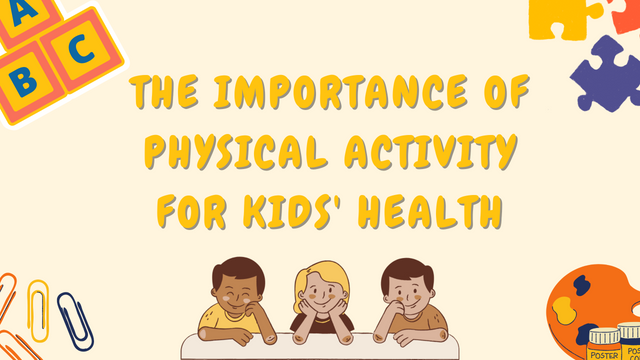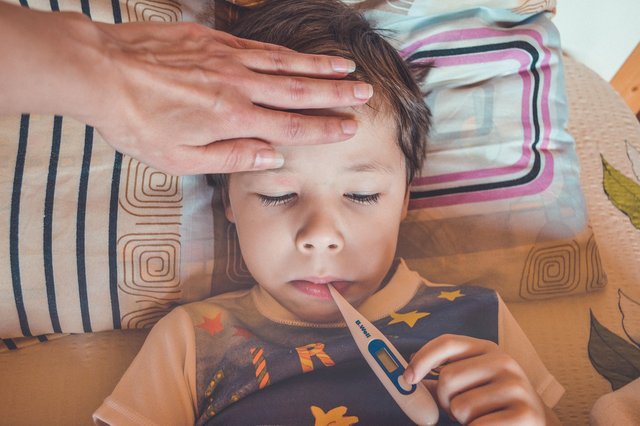
Physical activity plays a pivotal role in promoting the overall health and well- being of children. In today's technology- driven world, where sedentary activities are increasingly current, encouraging kids to engage in regular physical activity has become more important than ever. This article explores the multitudinous benefits of physical activity for children's health and emphasizes the importance of incorporating it into their diurnal routines.
Physical Development
Regular physical activity is essential for the proper development of children's muscles bones and coordination. Engaging in activities similar as running, jumping and climbing helps children build strong bones and muscles improving their overall strength and endurance. Moreover, physical activity enhances balance agility, and coordination, enabling kids to explore and interact with their environment confidently.
Cardiovascular Health
Participating in physical activities that elevate the heart rate similar as swimming cycling or playing sports is salutary for cardiovascular health. Regular exercise helps strengthen the heart and lungs improves blood circulation and reduces the risk of developing cardiovascular diseases later in life. Additionally it helps maintain healthy blood pressure and cholesterol levels contributing to the prevention of obesity and affiliated health issues.
Weight Management
Childhood obesity has become a growing concern encyclopedically, and physical activity plays a vital role in its prevention. Regular exercise helps children maintain a healthy weight by burning calories and reducing the likelihood of inordinate weight gain. It also boosts metabolism and promotes the development of spare muscle mass, which can have long- term benefits for weight management and overall health.
Mental Well- being
Physical activity not only impacts physical health but also has a significant influence on children's internal well- being. Exercise releases endorphins also known as feel- good hormones which contribute to improved mood reduced stress and increased overall happiness. Regular physical activity can also help alleviate symptoms of anxiety and depression, enhance self- esteem, and foster better sleep patterns leading to improved cognitive functioning.
Academic Performance
Engaging in physical activity has been linked to better academic performance in children. Research suggests that regular exercise enhances cognitive functions similar as attention span, memory, and problem- solving skills. Physical activity breaks during study sessions have shown to improve focus and concentration, eventually leading to improved academic outcomes.
Conclusion
Encouraging children to engage in regularly physically activity's vital for their overall health and well being. Physical activity promotes physical development cardiovascular health, weight management internal well- being, and even academic performance. Parents educators and communities should work together to provide opportunities for children to be physically active ensuring they've a strong foundation for a healthy and successful future. By making physical activity a priority we can empower children to lead healthier lives both now and in the years to come.


